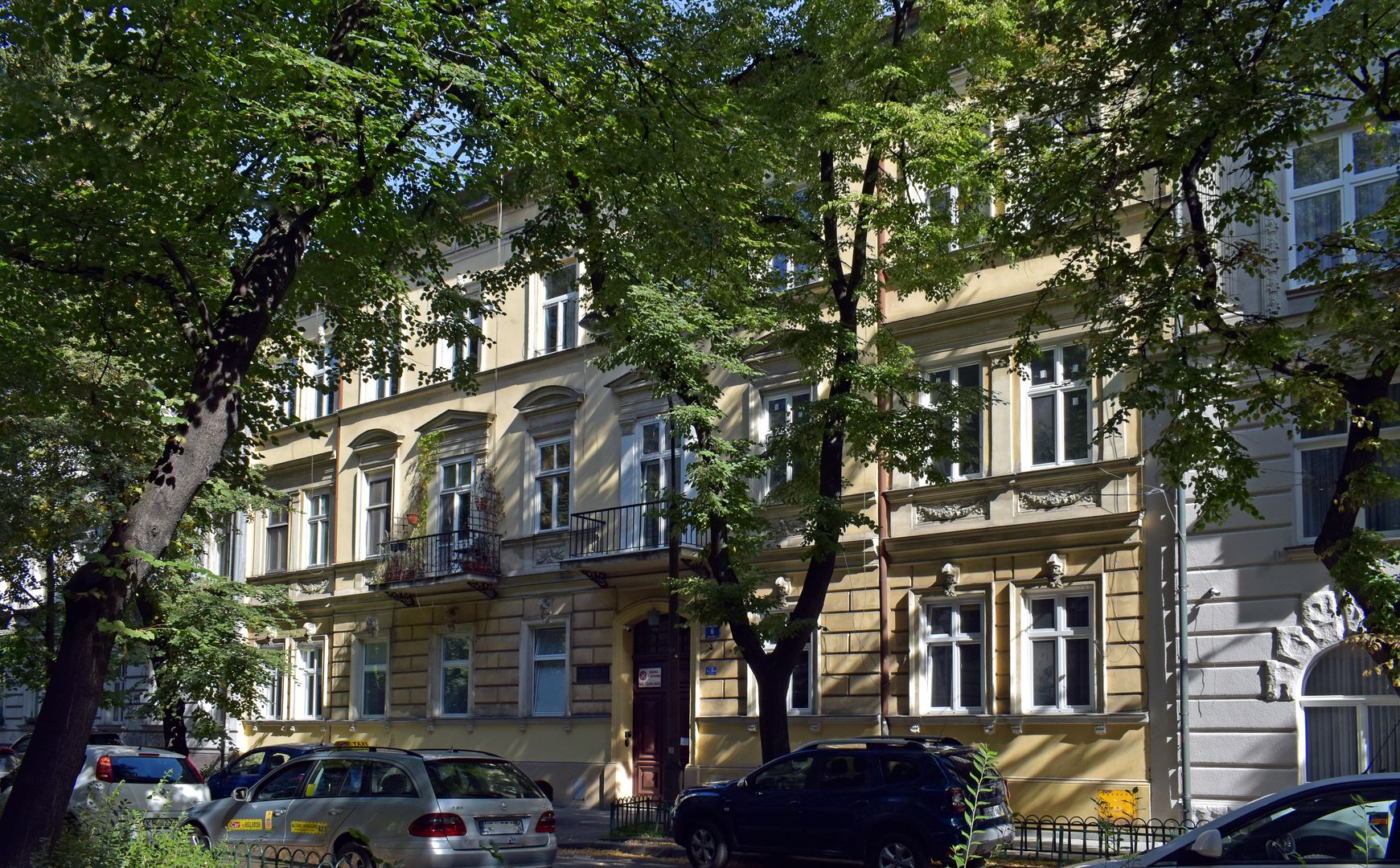Czesław Miłosz
6.78

Overview
Czesław Miłosz, born on June 30, 1911, in Szetejnie, was one of the most outstanding Polish poets of the 20th century and the recipient of the Nobel Prize in Literature in 1980. After the war, he lived in exile, primarily in France and the United States, and returned to Poland permanently in 1993, settling in Kraków. The son of an engineer, Miłosz grew up in the multicultural environment of the Grand Duchy of Lithuania, which significantly influenced his work. In his poems, he combined the prophecies of Old Testament prophets with classical form, and his earlier works were characterized by intense metaphors and catastrophism. In the postwar period, his writing took on a philosophical dimension, focusing on cultural and moral values. Miłosz was also involved in literary activities, assisting Jews during World War II and working in Polish diplomacy. His works, including the essay "The Captive Mind," analyze the impact of totalitarianism and propaganda on human moral thinking. Miłosz was an exceptionally versatile individual; he wrote poetry, essays, translations, and novels, and his works have been translated into 44 languages. He left behind a rich literary legacy, including numerous collections of poems and essays. His personal life was marked by various romantic affairs, including relationships with Jeanne Hersch and a mysterious journalist "Ewa," which also influenced his work. Interestingly, Miłosz was known for publishing under numerous pseudonyms. After his death in 2004 in Kraków, he was buried in the Crypt of the Distinguished at Skałka, and his legacy remains relevant, serving as a source of inspiration for many generations of creators. In 2011, on the centenary of his birth, Poland organized celebrations of his work, and Miłosz became the namesake of streets in various cities, including Wrocław and Katowice.
Location
2026 Wizytor | All Rights Reserved